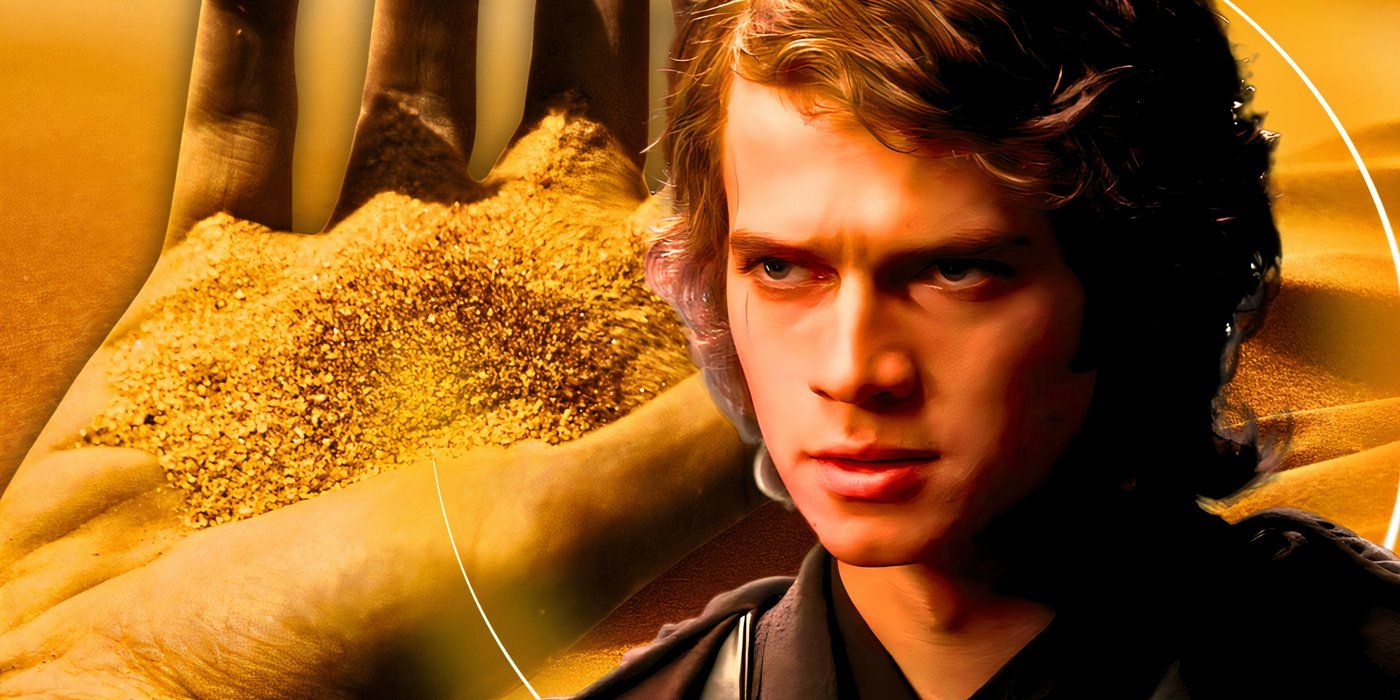
George Lucas’ Star Wars films were inspired by a plethora of films, comic books, novels, and mythology; this included classic samurai films such as the movies of Akira Kurosawa, as well as westerns like The Searchers. Dune‘s desolate desert planet Arrakis heavily inspired Tatooine. In a broader sense, both franchises feature themes of anti-totalitarianism, as the plots involve the toppling of oppressive authoritarian regimes. It’s clear that Dune was an inspiration for Star Wars‘ version of spice, but examining how it worked in both canon and Legends shows some big differences.
Spice In Star Wars Canon

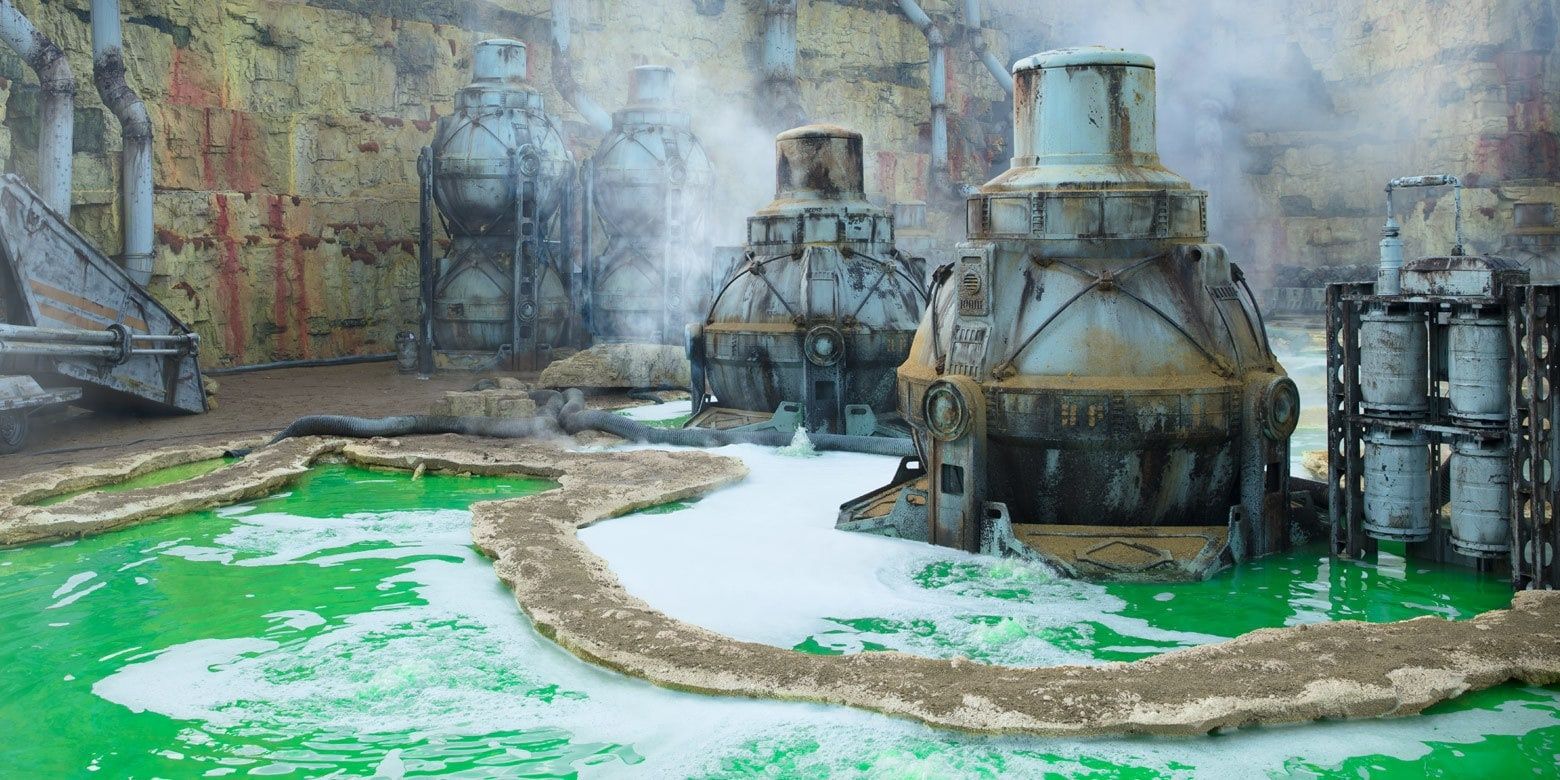








In the Star Wars canon timeline, spice is a blanket term used to describe a variety of mind-altering substances. While some variants are used for medical and scientific purposes, most are addictive recreational drugs, making spice trade key to the criminal underworld. Spice was mentioned occasionally in Star Wars: The Clone Wars; Hondo Ohnaka demanded it in exchange for a captured Count Dooku and later traded with spice for delivering rocket launchers to the Onderon Rebels. The spice mines of Kessel and the Kessel run to get there appear in both Star Wars Rebels and Solo: A Star Wars Story.
Despite its illegal status during the reign of the Galactic Empire, some Imperial Moffs, such as Delian Mors, were infamous users of the substance. Another Moff, Ghadi, used a spice aerosol spray to cover fellow Moff and Regional Governor Arihnda Pryce in an expensive spice variant to blackmail her. Spice made its live-action debut in The Book of Boba Fett, which saw Boba steal spice from a repulsorlift train that belonged to the Pyke Syndicate. Spice, unsurprisingly, remained an illegal substance during the time of the New Republic.
Spice In Star Wars Legends
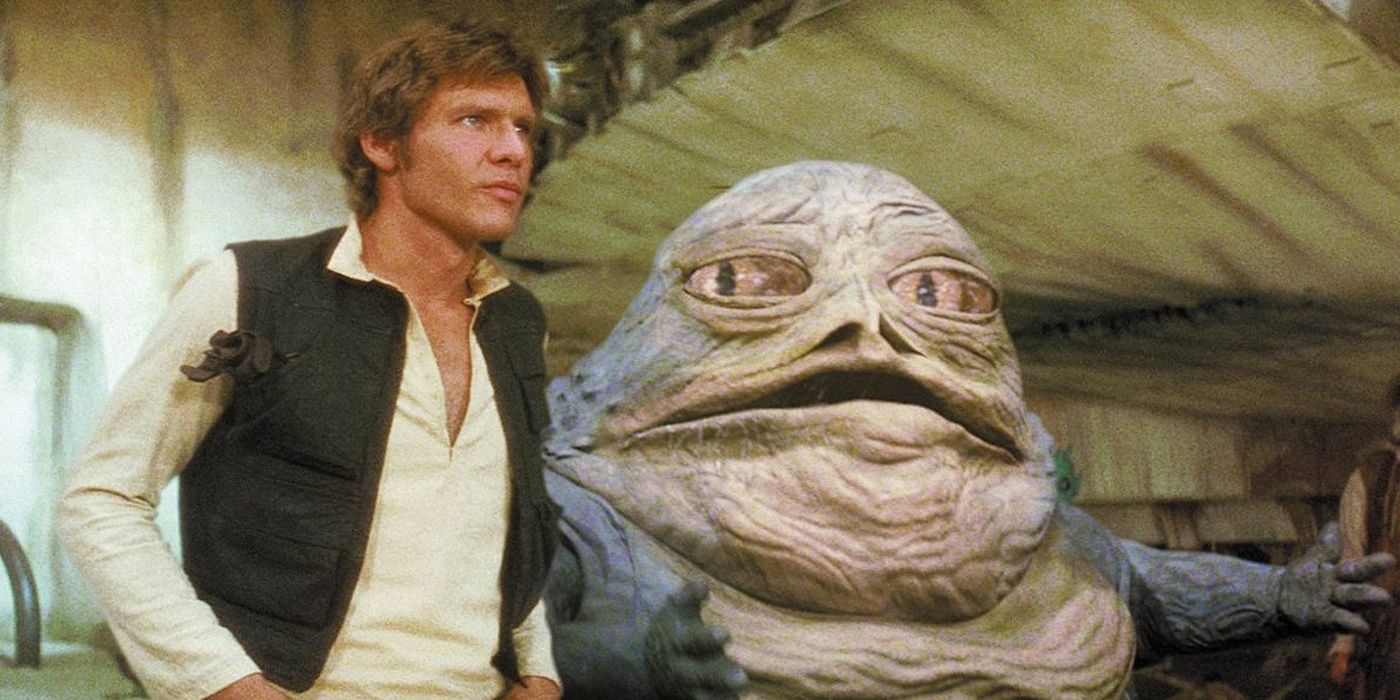
The Star Wars saga initially only had one continuity, with non-movie material eventually marketed as the Expanded Universe. This worked in tandem with the films to broaden the Star Wars franchise, exploring the universe and enriching its lore and character development. In 2014, as part of preparations for the then-upcoming sequel trilogy, the Expanded Universe was remarketed as “Legends,” no longer considered canon. The continuity was rebooted with only the original six saga films and 2008’s Star Wars: The Clone Wars. Canon and Legends often differ in large and small ways, such as in their depictions of spice.
Much of the lore surrounding spice originated in the Star Wars Legends continuity. Like canon, there are numerous varieties of the drug, such as the mild ryll, the euphoric giggledust, and potent glitterstim. Combining ryll and glitterstim created the powerful glitteryll, whose amnesia-inducing effects were used on Quinlan Vos and Aayla Secura in Legends. Spice is mentioned several times in the original and prequel trilogy films, with C-3PO mentioning the spice mines of Kessel, Han Solo indirectly mentioning the substance as the shipment he jettisoned while working for Jabba the Hutt, and more.
The most powerful and highly sought-after spice variant, glitterstim, came from Kessel’s hazardous spice mines. The Legends-era process of mining glitterstim was far more dangerous, requiring miners to work in complete darkness, risking the loss of fingers from the sharp mineral and certain death by energy spiders, deadly Kessel arachnids whose webs contained the valuable glitterstim. While glitterstim is extremely addictive and can easily become lethal with prolonged use or in large doses, it gives users telepathic abilities for a brief time, as shown in Ann C. Crispin’s novel The Paradise Snare.
What Planets Does Spice Come From?
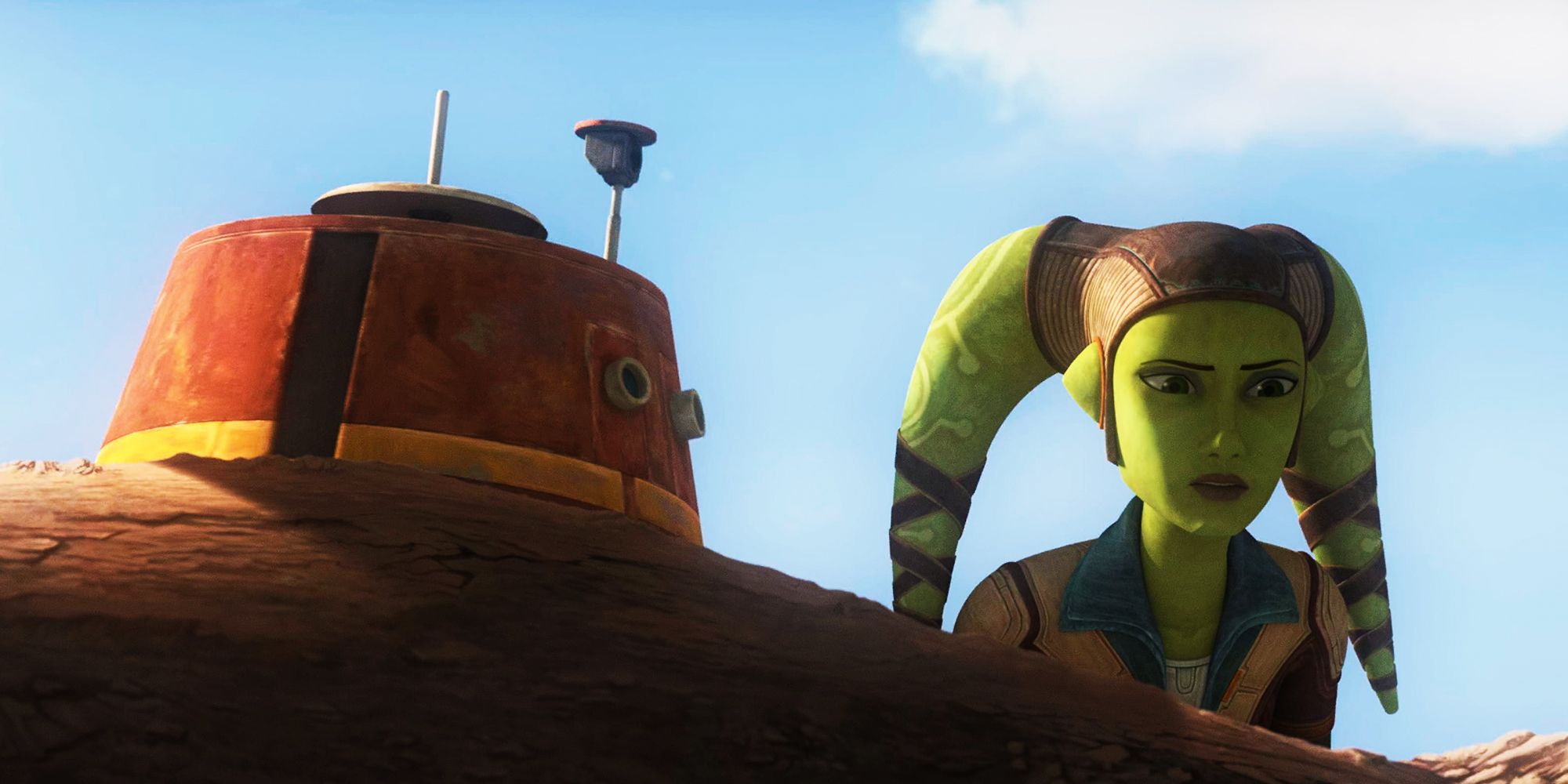
In Star Wars, spice is found on a wide range of different planets across the galaxy. The most notable, Kessel, is name-dropped in the first Star Wars movie and seen in Star Wars Rebels and Solo. Another is the Twi’lek planet Ryloth, whose inhabitants were historically used as slaves in the mines by the Zyggerian slave empire. Interestingly, there are hints the ancient Sith once profited thruh the spice trade; Ryloth is connected to a hyperspace trade route used for spice, known as the Cloak of the Sith.
Although Kessel and Ryloth are the most famous spice-producing worlds in Star Wars, they are far from the only ones. The medicinal andris spice is mined at Empress Teta, a Deep Core world with a dark history, while many other worlds along the Llanic Spice Run have typically been shown as controlled by the Pyke criminal syndicate. Several spice-producing planets, such as Nooroyo, were owned by the Separatists during the Clone Wars.
Did Star Wars Steal Spice From Dune?
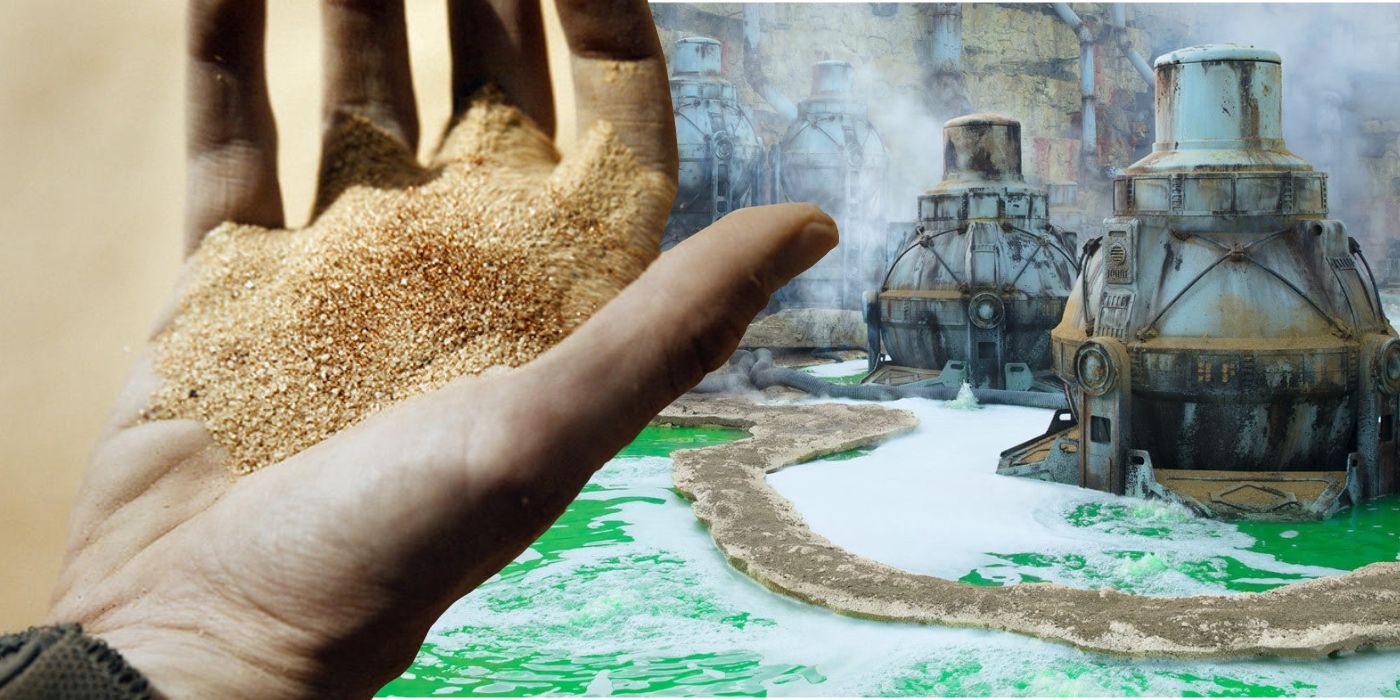
Spice Melange is one of the most important aspects of the Dune franchise. In Dune, spice is an invaluable commodity that can only be naturally produced on Arrakis. Spice is so important because it makes space travel possible, as the Spacing Guild requires it to calculate routes. Enough spice can even grant users the ability to see into the past and future. Spice is not without drawbacks, however, as it is also an addictive narcotic. While the two Star Wars continuities used Dune as inspiration for their version of spice, their version isn’t a direct copy of Frank Herbert’s concept.
According to Legends author Kevin J. Anderson, who first described spice as a drug in his Jedi Academy trilogy, some people at Lucasfilm were concerned by the idea of referring to spice as a drug. They felt this would imply Han Solo was a former drug dealer, and the discussion actually found its way to George Lucas himself; he confirmed spice is a drug, deciding the issue. Anderson compromised by adding some positive attributes to spice, as well as suggesting some versions are used for medicinal purposes.
How Star Wars’ Spice Compares To Dune’s

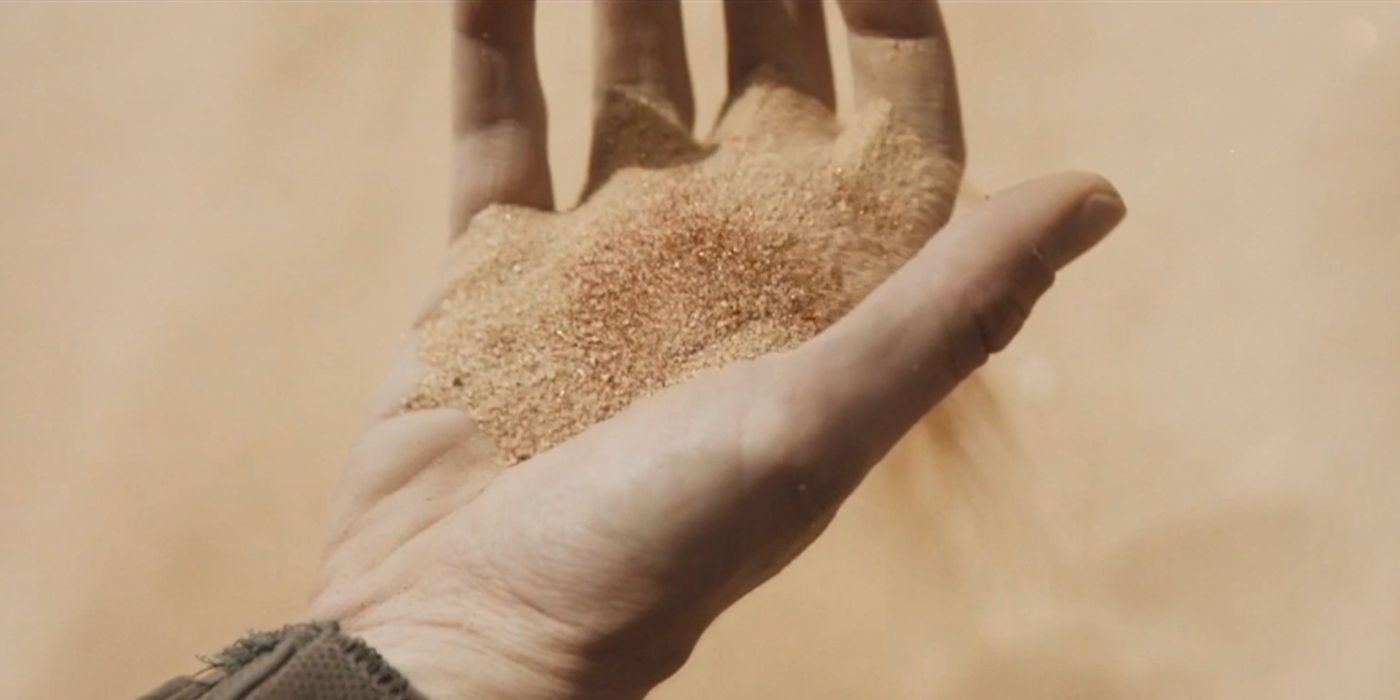
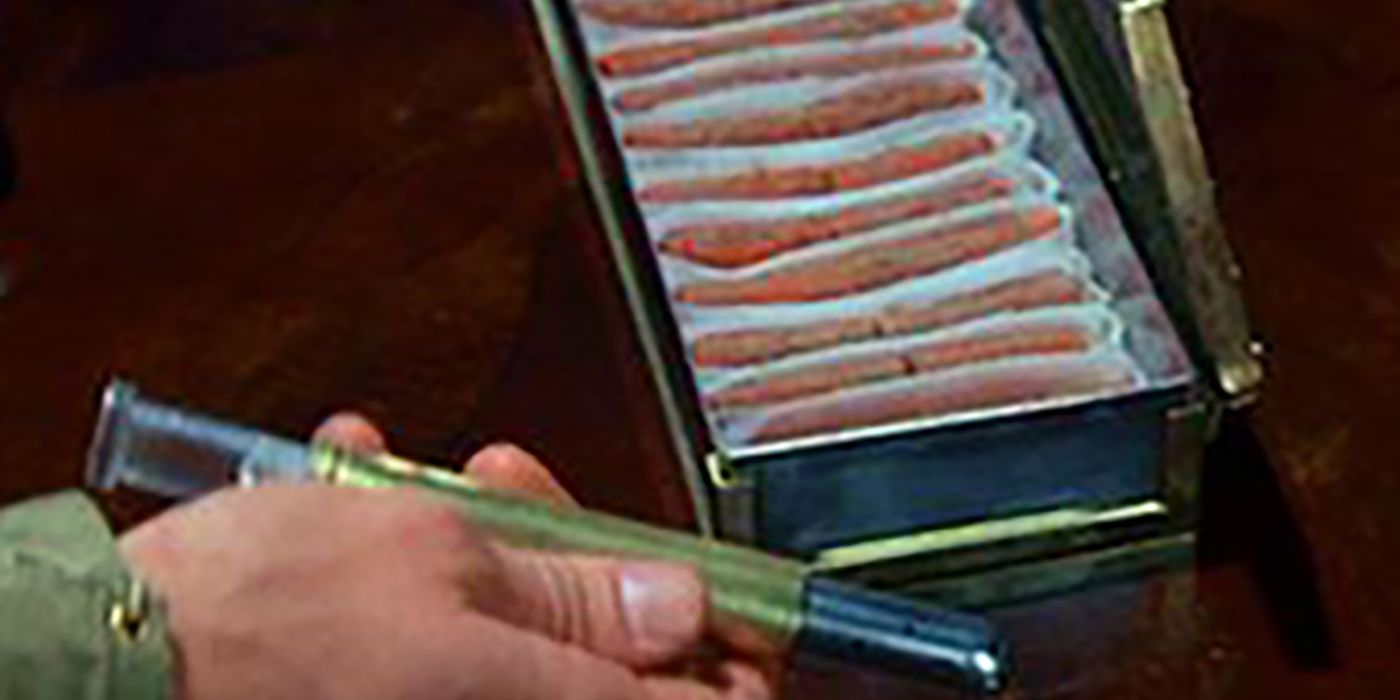

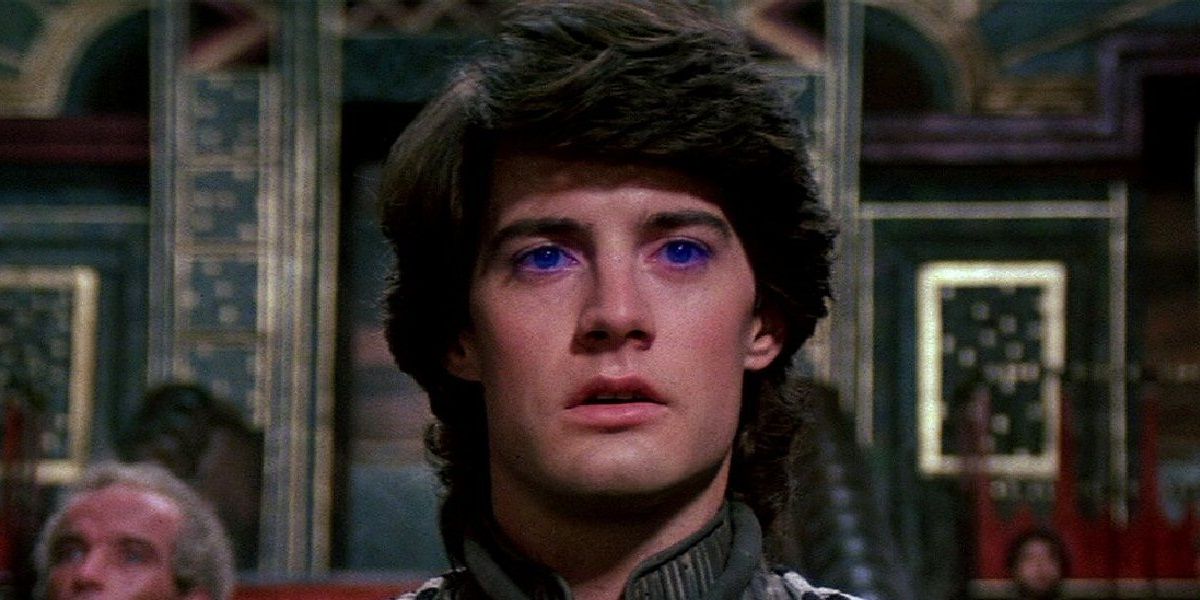





The spice shown in Dune has both benefits and drawbacks, making it necessary in some regards (such as space travel), but easily abused. The Star Wars canon timeline’s spice is simply a term for illegal narcotics used throughout the galactic underworld. The discoloration of Lom Pyke’s face and hands, however, seems to be referencing Dune’s spice, which made the eyes of frequent users a bright blue color. The Star Wars Legends timeline’s spice is similarly a term for illegal narcotics, except for glitterstim, whose characteristic of imbuing its users with temporary telepathy is similar to spice’s perception-enhancing properties in Dune.
Why Some Of The Galaxy’s Best Pilots Are Spice Smugglers










Two of the best pilots in Star Wars, Han Solo and Poe Dameron, were both involved in the spice trade at some point in their lives. Han’s bounty in the original Star Wars was due to him leaving behind a shipment of spice he was smuggling, while Poe had an extensive history with the spice runners of Kijimi. Both Han and Poe took on the less than savory work because of their love for flying. That passion gave them a dark past, but it’s also unlikely they would have been such talented pilots if they weren’t willing to do anything in their power to fly.
While spice running may have been a regrettable part of their pasts, it actually helped make them the pilots they were by their respective trilogies. In Han’s case, his time running spice forced him to make the infamous Kessel Run faster than anyone else had previously. That gave him a boost to his reputation, and taught him lessons about taking risks and flying in extremely dangerous conditions. Poe likely also benefited similarly to Han, as the high-stress environment of spice running surely taught him to stay cool while fighting the First Order’s ships.
Spice is often a very subtle background element of the Star Wars universe, but it has some far-reaching effects. From creating two of the galaxy’s best pilots to being the very reason criminal syndicates existed in the first place, spice is a very important substance in Star Wars. It’s also a great example of one of the franchise’s best characteristics: its depth. Something that was only referenced in passing in a few lines of dialogue of the original movies can safely be ignored in most cases, but for those who want more, Star Wars has ample stories about spice to tell.





